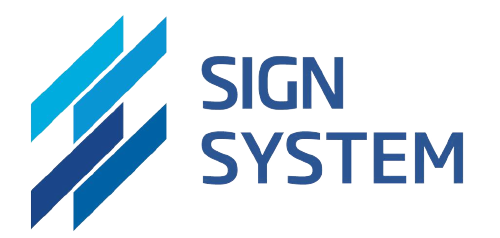Settlement Agreement in Republic of Ireland
Settlement Agreement in Republic of Ireland – All You Need to Know
A settlement agreement, also known as a compromise agreement, is a legally binding agreement between an employer and an employee. It is commonly used to resolve disputes arising from the termination of employment, but it can also be used to settle any other disagreement that may arise between the two parties.
In the Republic of Ireland, settlement agreements are governed by the Employment Equality Acts 1998-2015 and the Unfair Dismissals Acts 1977-2015. These Acts provide a framework for the negotiation and drafting of settlement agreements, and they also set out the legal requirements that must be met in order for such agreements to be valid.
When can a Settlement Agreement be used?
Settlement agreements can be used in a variety of situations, including:
1. Termination of employment-
When an employee is being made redundant or dismissed, a settlement agreement can be offered as a way of resolving any potential disputes or claims that may arise.
2. Grievances-
If an employee raises a grievance against their employer, a settlement agreement can be used to resolve the complaint without the need for formal proceedings.
3. Discrimination-
If an employee feels that they have been discriminated against by their employer, a settlement agreement can be used to resolve the issue.
4. Contractual Dispute-
If there is a dispute between an employer and an employee regarding the terms of their employment contract, a settlement agreement can be used to settle the disagreement.
What must be included in a Settlement Agreement?
For a settlement agreement to be legally binding, it must meet certain requirements. These include:
1. The agreement must be in writing, and it must be signed by both parties.
2. The agreement must specify the claims or disputes that are being settled, and it must state that the employee is waiving their right to pursue any further claims in relation to those issues.
3. The agreement must be signed by a legal advisor who must certify that they have provided independent legal advice to the employee.
4. The agreement must state that the employee has been given sufficient time to consider the terms of the agreement, and that they have had the opportunity to seek independent legal advice.
5. The agreement must not contain any provisions that are illegal or contrary to public policy, such as clauses that seek to waive an employee`s statutory rights.
Conclusion
Settlement agreements are an effective way of resolving disputes between employers and employees. They offer a fast and cost-effective way of settling disagreements, and they can provide a degree of certainty and closure for both parties. However, settlement agreements must be drafted and executed in accordance with the law, and employers should seek the advice of a legal professional before entering into any such agreements.
